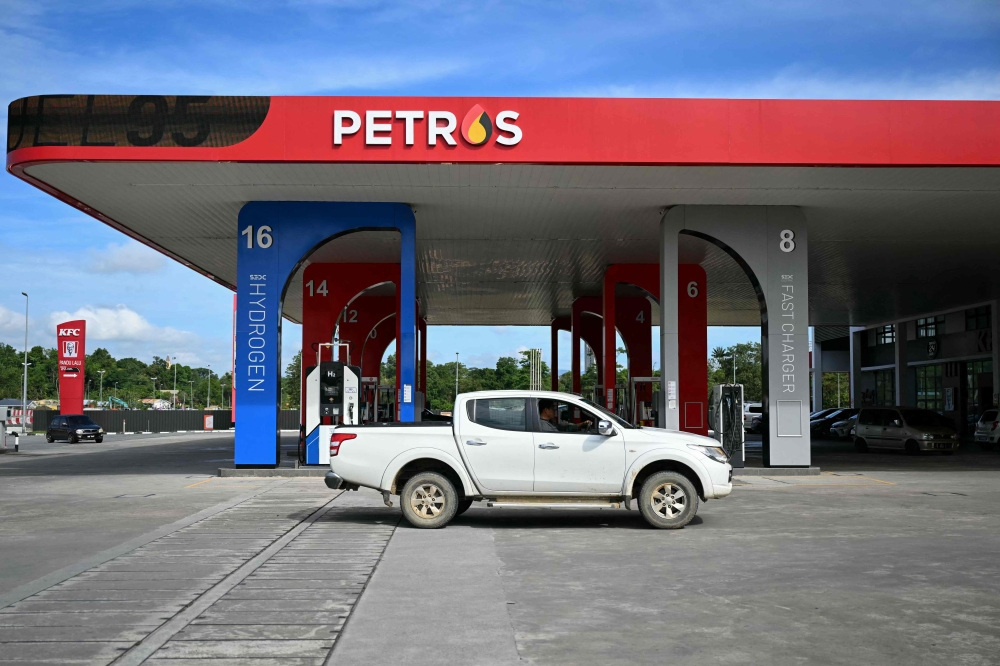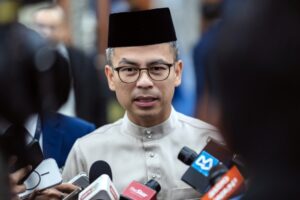PETALING JAYA, Sept 6 — Oil and gas analyst Jamil A Ghani has cautioned that Sarawak’s push for its state-owned firm Petros to take over from Petronas as Malaysia’s sole gas aggregator could pose risks to the country’s energy system.
He said the aggregator’s role was crucial as it determined whether gas resources would fuel local industries or be exported abroad as liquefied natural gas (LNG).
“Though technical, the aggregator’s role is powerful,” he said. “It buys gas from upstream producers and resells it to downstream users. This effectively shapes whether gas fuels Sarawak’s industries or is exported abroad as liquefied natural gas (LNG).”
“Sarawak has called for Petros to replace Petronas as sole gas aggregator,” Jamil said. “Such an arrangement would technically allow Petros to buy gas cheaply upstream and sell it downstream at higher margins, which may cause Petronas to lose a lot of money, especially when they have to honour long-term export commitments.”
He warned that such a shift could undermine Petronas’ ability to manage the gas system end-to-end, creating uncertainty in a sector that had long depended on stability.
However, Jamil noted that Sarawak already held equity in Malaysia LNG ventures, tying its interests with Petronas, though changes to the system could still unsettle export obligations.
Sarawak has long argued that while 60 per cent of Malaysia’s gas reserves lie off its coast, only a fraction is used for local consumption, with the majority exported.
“About 94 per cent is exported as LNG, leaving only 6 per cent for domestic consumption,” he said. “Without a say in aggregation, Sarawak leaders fear this imbalance will continue, and ambitions for downstream industry will remain constrained.”
Jamil stressed that Petronas must continue overseeing LNG exports to key markets such as Japan, Korea, Taiwan and China to maintain Malaysia’s reputation as a trusted supplier.
“If gas were reallocated domestically without proven demand centres or offtake agreements, it could leave supply stranded or jeopardise export cargoes. Such outcomes would harm Malaysia’s reputation as a reliable long-term supplier — trust that has taken decades to build,” he said.
In a move to address Sarawak’s concerns, Putrajaya and Petronas have agreed to raise gas allocation for the state to 1.2 billion cubic feet per day, almost three times the previous level.
“This level of allocation would support Sarawak’s development plans, so long as demand centres and contracts are in place.
“The rationale is commercial: supplying gas without formal agreements on volume, pricing, and liability would expose the company to legal and financial risks, undermining governance standards,” Jamil said.
He added that the challenge was to reconcile Sarawak’s aspirations for greater autonomy with the federal government’s responsibility for fiscal stability and Petronas’ international commitments.
“With careful sequencing of supply and clear legal frameworks, what now looks like a standoff could be turned into a sustainable arrangement.
“Handled wisely, Malaysia can build a future where state aspirations and national stability complement one another, rather than clash,” Jamil said.






